
$100 million in new charity funding unlocked, but philanthropy heavyweights say DGR reform is more important
Posted on 04 Mar 2026
The federal government has announced its decision on the percentage of assets that giving funds…
Posted on 15 Apr 2025
By Greg Thom, journalist, Institute of Community Directors Australia

The ALP and the Coalition have both made housing a central plank of their bid to woo voters in the federal election campaign.
Both Prime Minister Anthony Albanese and Opposition leader Peter Dutton rolled out major housing announcements at campaign launches this week.
The reaction to their initiatives was mixed, however, with both leaders forced to defend themselves against criticism their efforts could make the housing crisis worse.
The Australian Council of Social Service (ACOSS) threw its support behind Labor’s plans to invest $10 billion to increase the nation’s housing supply.
“We welcome the scale of Labor’s commitment and the recognition that new housing supply must be part of the solution,” said ACOSS CEO Dr Cassandra Goldie.
“We must also significantly boost investment in social and affordable rental housing to meet need. The objective must be secure housing for all, not just boosting home ownership for some.”

Goldie was less thrilled with the Coalition’s policy to make mortgage interest tax-deductible for first home buyers purchasing new homes.
“This policy will likely inflate home prices and increase household debt. It will worsen inequality, providing greater benefit to people on higher incomes, while doing little to help people on low and modest incomes who are locked out of the housing market,” said Goldie.
“It’s also a risky and less reliable supply strategy, as it depends heavily on volatile market conditions like interest rates and buyer demand, unlike direct public investment which delivers more certain outcomes.”
Goldie expressed caution about the expansion of the Home Guarantee Scheme, proposed by both major parties.
“Expanding demand-side schemes like the Home Guarantee Scheme without a major increase in supply is likely a recipe for higher house prices, especially as interest rates fall,” she said.
“These measures do little to support renters or people on the lowest incomes, who are facing the most severe housing stress.”
ACOSS called for a bolder national strategy to tackle the housing crisis, including reform of tax settings that currently fuel speculative property investment.
“Instead of tinkering with people’s tax returns, we need proper tax reform that includes curbing negative gearing and capital gains tax concessions that drive up home prices and inequality,” it said in a statement.
“We must urgently scale up social and affordable rental housing, so that everyone, no matter their income, has access to a safe, secure, and affordable home.”
“Expanding demand-side schemes like the Home Guarantee Scheme without a major increase in supply is likely a recipe for higher house prices, especially as interest rates fall.”
Tackling the nation’s housing and rental affordability crisis has been a major plank of the election wish lists of sector organisations such as Mission Australia, Anglicare, Homelessness Australia and St Vincent de Paul.
In a document outlining her organisation’s key election priorities, Mission Australia CEO Sharon Callister urged all political parties and candidates to prioritise investment in safe, affordable housing, and specifically to:
“We urge all parties and candidates to prioritise and commit to significant investments in social and affordable housing and homelessness prevention,” said Callister.
She also called for greater support for young people facing adversity, and for poverty alleviation measures, including increases to income support payments and Commonwealth Rent Assistance.
“We need a fairer Australia for all, with major commitments and policies that will help people with the least.”
Callister said as one of Australia’s largest community housing and service providers, Mission Australia sees the struggles of people unable to afford housing or essential needs every day, with many just one rent increase, job loss or bill away from homelessness.
“Our homelessness services have seen a 19 per cent increase in demand in the past year, and our staff are facing unprecedented challenges securing accommodation due to a shortage of housing that’s affordable for the people we serve,” said Callister.
“Preventative measures and early intervention benefit not only people in need but are also the most cost effective and responsible approach.”
More information
Rental properties out of reach of disadvantaged Australians: report

Posted on 04 Mar 2026
The federal government has announced its decision on the percentage of assets that giving funds…

Posted on 04 Mar 2026
Australia’s for-purpose enterprise supporting Indigenous-owned businesses announced a record $5.83…

Posted on 04 Mar 2026
Hannah Nichols is the environmental, social and governance (ESG) lead at Australian Red Cross and a…

Posted on 04 Mar 2026
Major workflow software company Atlassian has announced it is offering its Teamwork Collection of…

Posted on 04 Mar 2026
In all charities and NFPs – big and small – annual budgeting brings with it a degree of…

Posted on 04 Mar 2026
New research from Diversity Council Australia (DCA) has found that even as one in four workers…

Posted on 25 Feb 2026
Australia’s community organisations are quietly holding society together. From local sporting clubs…
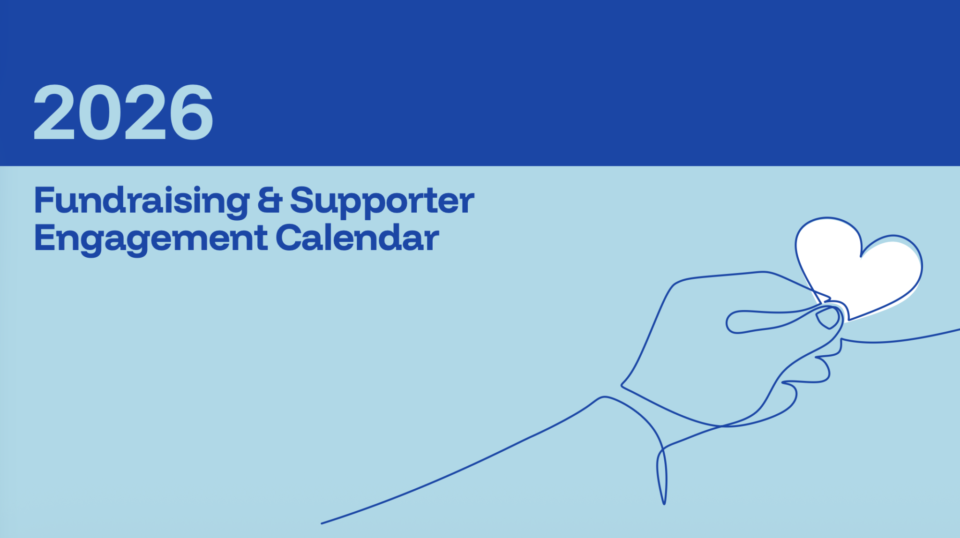
Posted on 25 Feb 2026
Writing communications for donors, stakeholders, regulators and the public can be a relentless task…
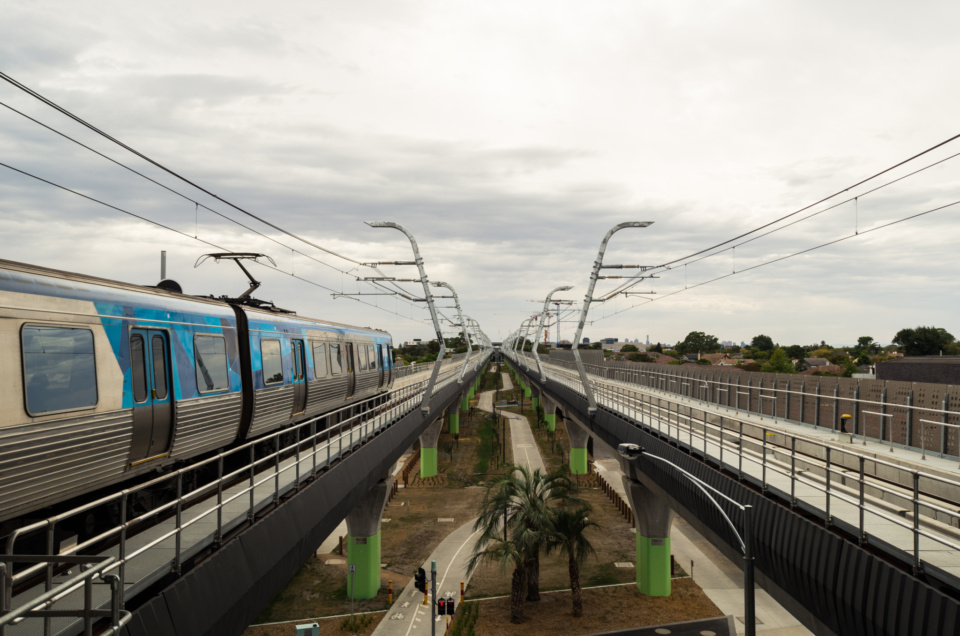
Posted on 25 Feb 2026
A Victorian suburb's hot debate about whether trains should live underground or in the sky ended…
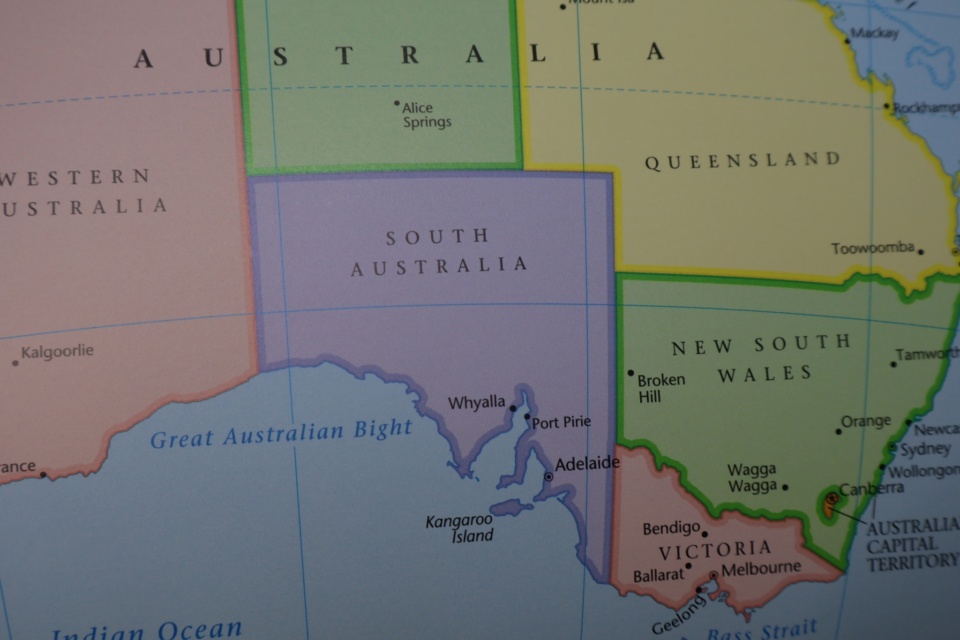
Posted on 25 Feb 2026
Three years after the federal government announced that national fundraising principles would be…
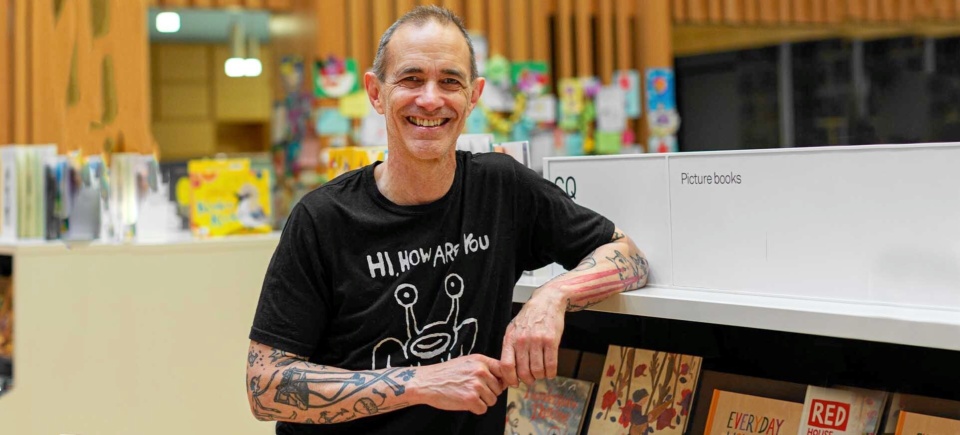
Posted on 25 Feb 2026
Author Andy Griffiths has spent 30 years bringing “punk rock” to children’s books, making kids…
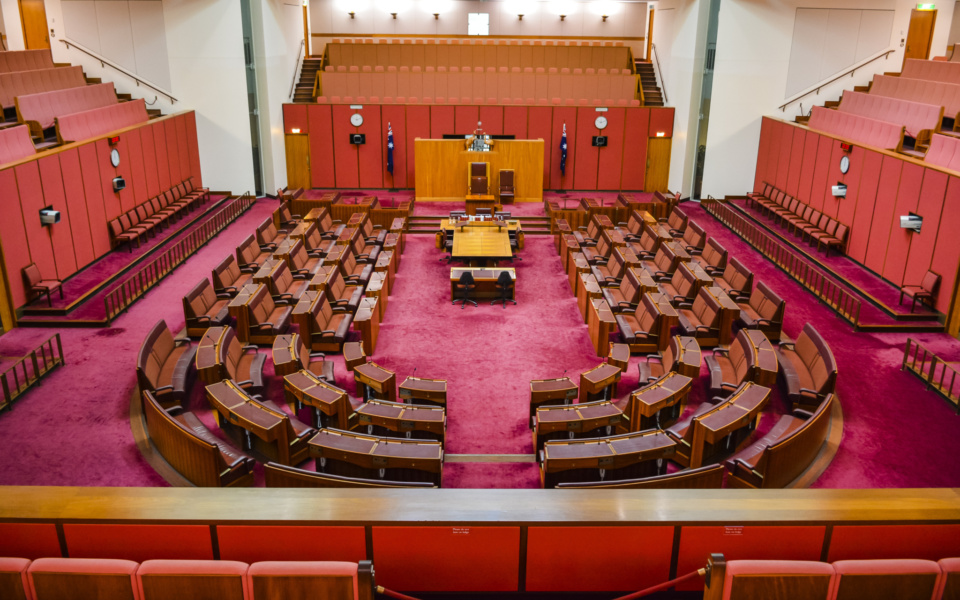
Posted on 25 Feb 2026
Senator Dean Smith is back as shadow minister for charities, and he’s told the Community Advocate…